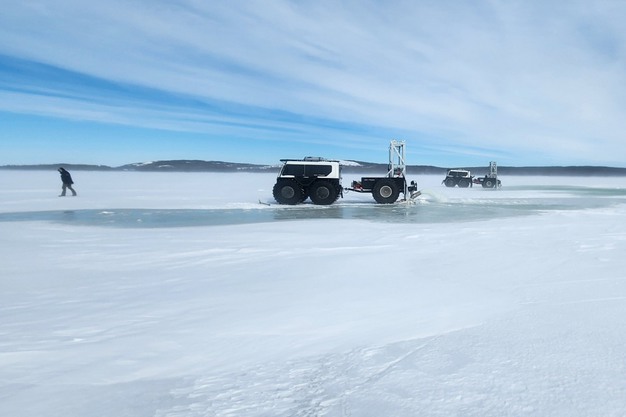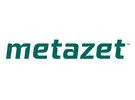The Westland-based company Metazet, in partnership with engineering firms TWD and HEFCOM, has rapidly developed two 'ice makers' for a climate project by Arctic Reflections on the Canadian sea ice. This system is designed to help slow the melting of polar ice by artificially increasing its thickness. The initial field test was conducted in February and March.
Arctic Reflections plans to utilize drilling and pumping systems to extract seawater during the winter, freezing it onto existing ice to increase its thickness and allow it to endure longer during the summer. This process enhances the ice surface's reflective capacity, which is crucial for reflecting sunlight back into space.
Metazet transformed the design into a sturdy, modular system constructed from galvanized steel, which is fully demountable for easy transport and can withstand temperatures as low as -50 °C. The installation drills through the ice, pumps the underlying water to the surface, and artificially thickens the ice layer. The entire system is mounted on an amphibious vehicle known as the 'Fat Truck,' capable of navigating ice, snow, and water.
From greenhouse to cold
Metazet primarily operates in the greenhouse horticulture industry, developing smart solutions for cultivation systems, internal logistics, hoisting installations, and pipe rail systems. Our strength lies in the combination of experienced engineers, technical craftsmanship throughout the organization, and a flexible manufacturing facility. This enables us to quickly adapt, design, and produce—even for challenges outside our usual field, as demonstrated by this project on the Canadian sea ice.
 © Metazet
© Metazet
"The project imposed high demands on materials, design, and turnaround time—and that's precisely the kind of challenge that energizes our team," says Luke van Adrichem, Managing Director of Metazet. "Everyone contributed ideas, worked diligently, and applied their expertise to complete it on time—I'm truly proud of that."
Arctic Reflections aims to thicken 100,000 km² of polar ice annually in the long term—an area comparable to twice the size of the Netherlands. This initial field test was a significant step in that direction. Although there are still areas for improvement, the system functioned as intended. Further scientific validation and development are planned for this year.
COO Tom Meijeraan of Arctic Reflections stated, "Metazet consistently contributed solutions to problems we hadn't even anticipated. Without their dedication and expertise, we wouldn't have been able to start the field test on time."
Arctic Reflections is currently in the phase of scientific validation. Further scaling will require structural funding, such as sponsorships, grants, or partnerships. Metazet reflects with pride on its contribution to this unique initiative and will continue to follow the project with interest.
If you wish to read more on this story, you can do so by clicking the link here.
For more information:
Metazet
De Lierseweg 6
2291PD Wateringen, the Netherlands
Tel: +31 (174) 22 58 22
info@metazet.com
www.metazet.com
